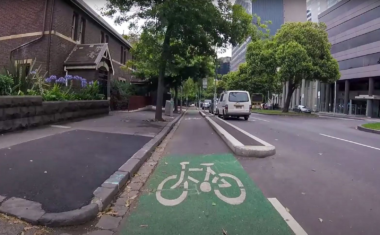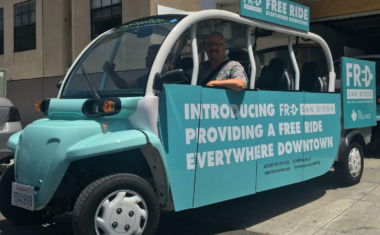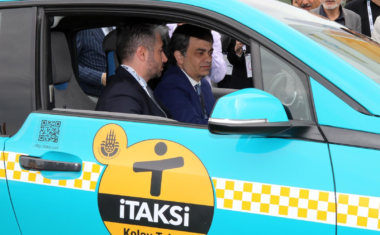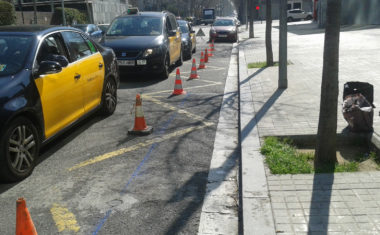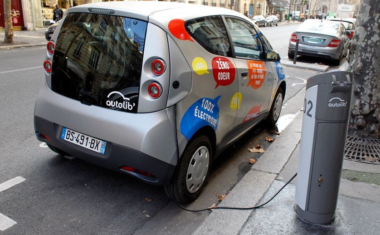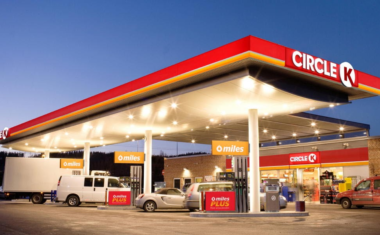NaviParking Wrocław
- 9
- 6 min to read
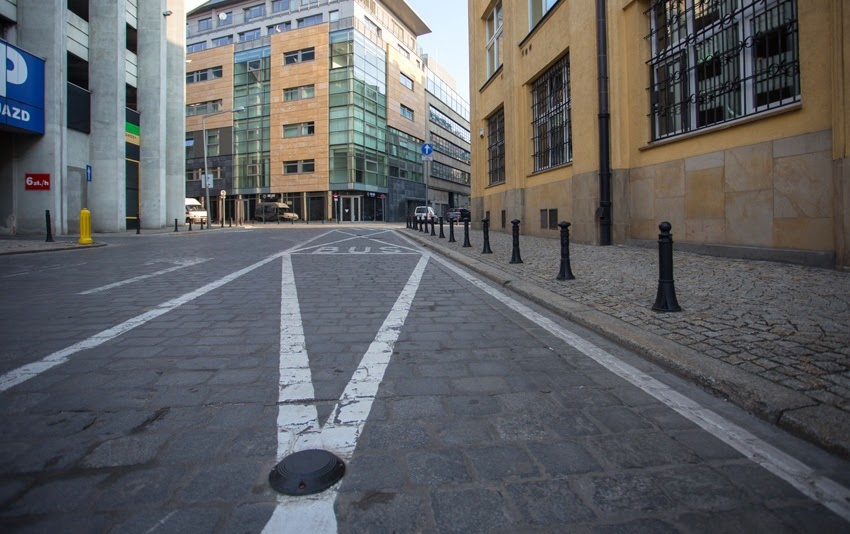
About the city. Wroclaw was the first city in Poland to conduct a research project to develop a solution to direct guiding coaches to the nearest available parking space.
Goal
The aim of the project is to facilitate work in the tourism sector, streamline the movement of tourist buses and reduce the time spent on finding parking spaces.
Implementation period. The pilot started in 2018 and lasted for 8 months.
Fact
- It is estimated that around one-third of urban traffic is generated by vehicles looking for a free parking space. The consequence of this is a reduction in traffic flow and an increase in pollutant emissions. This problem also applies to tourist buses, which are present in Wrocław throughout the year.
- Every year, the city of Wroclaw is visited by 5 million tourists. In general, the number of foreign tourists in Poland is growing each year. Curbing the polluting effects of buses, given their power, is one of the biggest challenges of transport.
Solutions
Wrocław has completed the first research project in Poland to create a detection system for parking spaces for coaches. With the help of a simple application, the drivers of tourist buses will find the nearest free parking spaces more easily. The pilot was successful and now the city wants to implement it.
The project was carried out under the CityLab program for 8 months, has been completed and its effectiveness has been confirmed.
The result of this joint work is the first comprehensive project in Poland: connecting the LoRa network, parking sensors for coaches, an application and a platform for parking managers.
In addition to facilitating the work of tour bus drivers, the system will also have an impact on improving safety, streamlining vehicle traffic in the city centre and reducing emissions.
As part of the project, 52 sensors were installed in temporary parking spots, where buses can stop for up to 15 minutes, and in parking lots, where the stopping time is unlimited.
The project covered almost half of all available parking lots for coaches located in the area of the largest tourist attractions in the centre and around the ZOO.
Challenges
After the end of the pilot research project, all the equipment had been dismantled.
Krzysztof Szłapka from the press office of the city administration assured that the city did not incur any costs related to this project, and the cooperation agreement from the beginning provided for the dismantling of the detectors after the tests were completed. As part of the research project, ReviveMachines provided devices, NaviParking provided applications, and the emitter transmitted data. The system has been tested in a real environment, not in a laboratory environment. After the completion of the research project, an audit of the system was prepared, which showed high efficiency. Because of that, the city made a decision to tender for the supply of the system. Such a tender for the design and implementation of a system for the maintenance and management of occupancy of parking spaces was announced in fall 2019. Five companies joined it: Powszechna Agencja Informacyjna, LabTeam Innovations LTD z Wielkiej Brytanii, Revivemachines, EmiTel oraz T-Mobile Polska. The last one was chosen.
Team
Wroclaw Smart City department, NaviParking, Emitel, ReviveMachines
Timeline
- In August 2018, Emitel signed a letter of intent with Wroclaw to extend smart city applications.
- The developed system includes a mobile application in 2 languages and a platform for parking managers.
- Total installed 52 detectors in parking spaces in the centre and around the zoo.
- System tests showed 90% efficiency.
If you notice an error or inaccuracy in our editorials, please email [email protected] so we can look into it.

